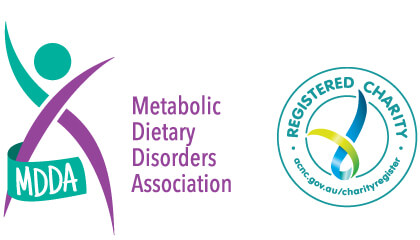Definition
Propionic Acidaemia (PA) is an inherited autosomal recessive disorder where the body is unable to process certain parts of proteins and lipids (fats) properly. It is classified as an organic acid disorder, which is a condition that leads to an abnormal buildup of particular acids known as organic acids. The symptoms and findings associated with Propionic Acidemia result from deficiency of the enzyme propionyl CoA carboxylase. This enzyme is required for the proper breakdown of the amino acids isoleucine, valine, threonine, and methionine. These amino acids are required for proper growth and development during infancy. Propionyl CoA carboxylase is also involved in the breakdown of cholesterol, certain fatty acids and other substances (metabolites) necessary for metabolic actions or processes.
Diagnosis
The condition is diagnosed during newborn screening in the form of a heel prick test. The test is performed 48-72 hours after birth. Diagnosis can also be made when symptoms present.
Prevalence
1:100,000 estimated worldwide.
Treatment for Propionic Acidaemia
The treatment of Propionic Acidaemia consists of a low protein diet aimed at reducing the production of isoleucine, valine, threonine, and methionine and other intermediate metabolites and possibly a supplement. During acute episodes, the treatment of infants with Propionic Acidemia may require fluid and electrolyte therapy; measures to ensure appropriate nutritional and caloric intake (e.g., parenteral hyperalimentation); administration of certain medications to prevent or treat bacterial infection; and other supportive measures as required. Early intervention may be important in ensuring that children with Propionic Acidemia reach their potential.
